By EMI USA Deputy Director Kevin Keiter and EMI Canada Executive Director Greg Young
This year, EMI USA crossed the 40-year mark and EMI Canada crossed the 20-year mark. One thing both teams have in common is that plans and intentions to explore domestic project opportunities were pushed forward into reality by the pandemic.
In the USA, The Selah Place design project in Florida last year was the first ‘EMI project team’ event in the USA across the 40-year history.
This transitional home for at-risk women was very much aligned with EMI’s mission and values, and like elsewhere in EMI internationally, local partner firms will see the concept through to construction.
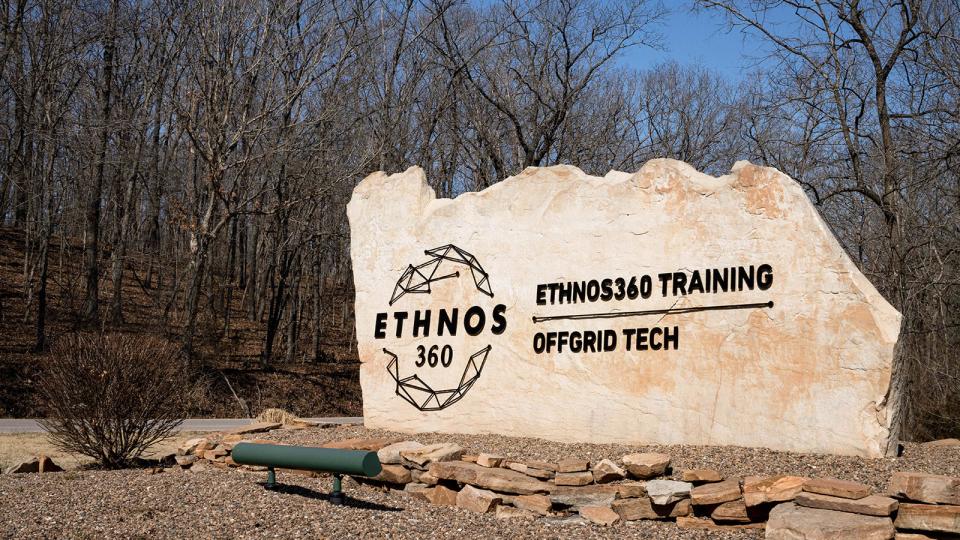
EMI’s work for Ethnos360—a church-planting training and sending agency—is exciting because it is a ministry training and preparing workers for international missions.
The Ethnos360 design project also follows this traditional pattern of services including architectural programming, master-planning, and concept design.
Also significant at the 40-year mark is the new avenue in WASH (Water, Sanitation, and Hygiene) in rural Alaska where EMI is helping solve technical challenges in underserved communities.
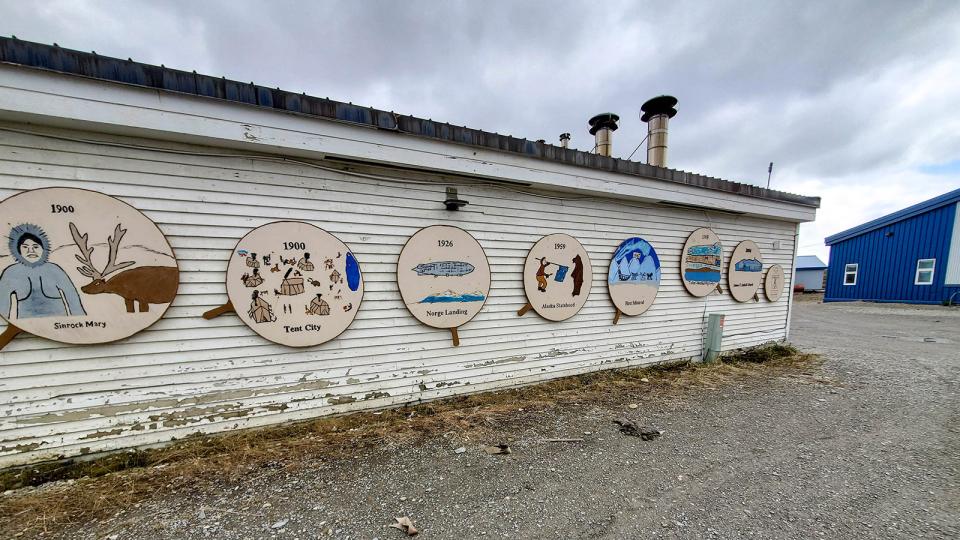
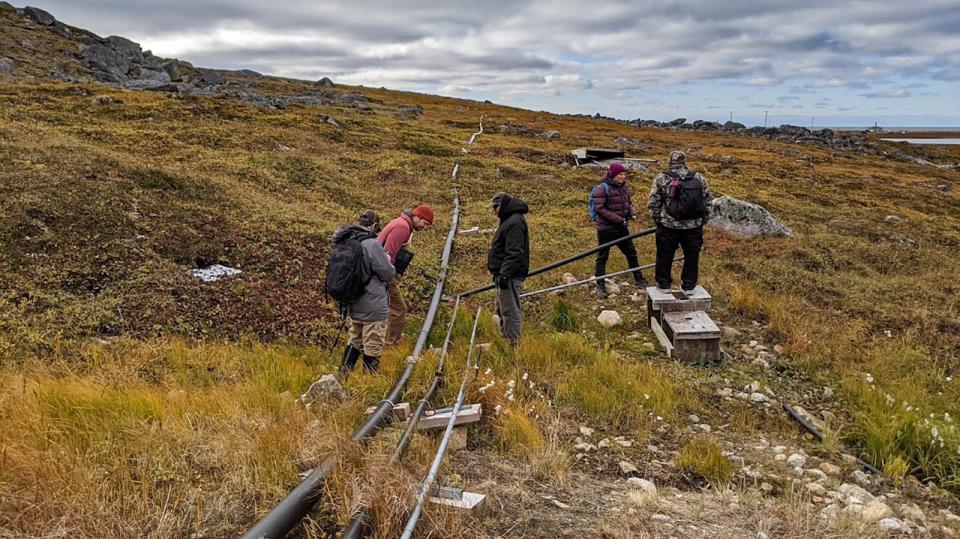
The unique aspect of this work is EMI’s direct partnership with state and federal agencies, tribal organisations, and others who are actively engaged in meeting these needs. Essentially, EMI is managing a grant which enables a number of underserved communities to obtain piped water and wastewater services.
Since EMI is the primary ministry organisation involved, project staff are set with the challenge to integrate their faith into the technical work. We want to see that the positive outcomes not only meet physical needs but spiritual as well.
“I cannot thank you enough for the EMI support. While the funding is wonderful, the EMI support and additional technical expertise is really what has allowed our region to make huge advances.”
—Angie Gorn, CEO/President, Norton Sound Health Corporation
In Canada, First Nation and Indigenous individuals and families who access the care of government and non-government social service agencies represent a disproportionately high number relative to the population.
EMI Canada is increasing the capacity of Christian social service agencies and other ministry partners by addressing their building and infrastructure needs.
Coming alongside organisations such as LINK Village Society which already have established relationships and means of impact is simply building upon EMI’s 40-year rhythm of effective ministry.
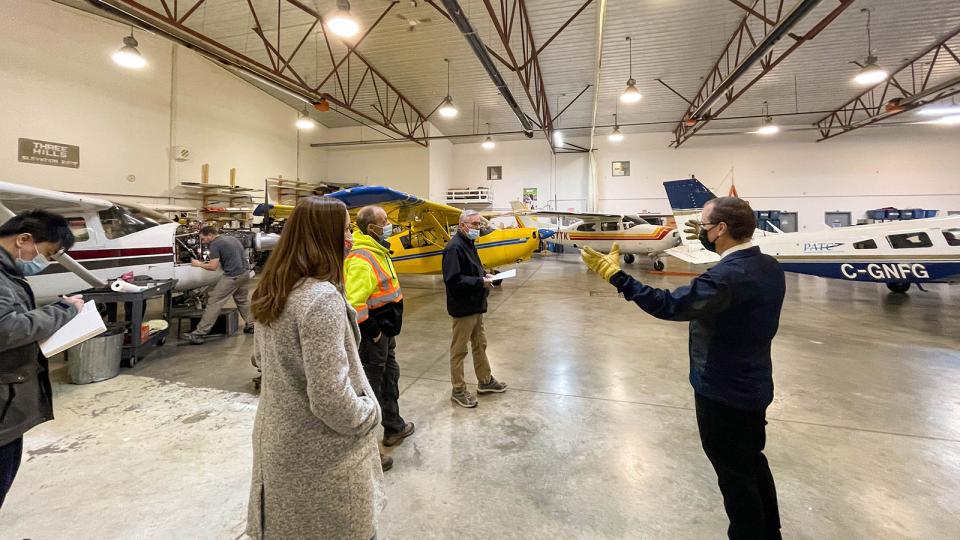
EMI recently helped advance an important capital project in Three Hills, Alberta.
“Now we have a pretty good idea what we actually need... we're not guessing.”
—Dallas Derksen, Director of the Prairie Aviation Training Centre (PATC).
PATC is managed by Mission Aviation Fellowship (MAF) Canada and exists to train Christian aviation professionals who will go on to serve the Kingdom of God through aviation.
“We do acknowledge that God doesn't call everyone to overseas ministry. But He does call us all to ministry,” Dallas said, “and so one of the things that we want to focus on here is not just mission aviation, but aviation as mission.”
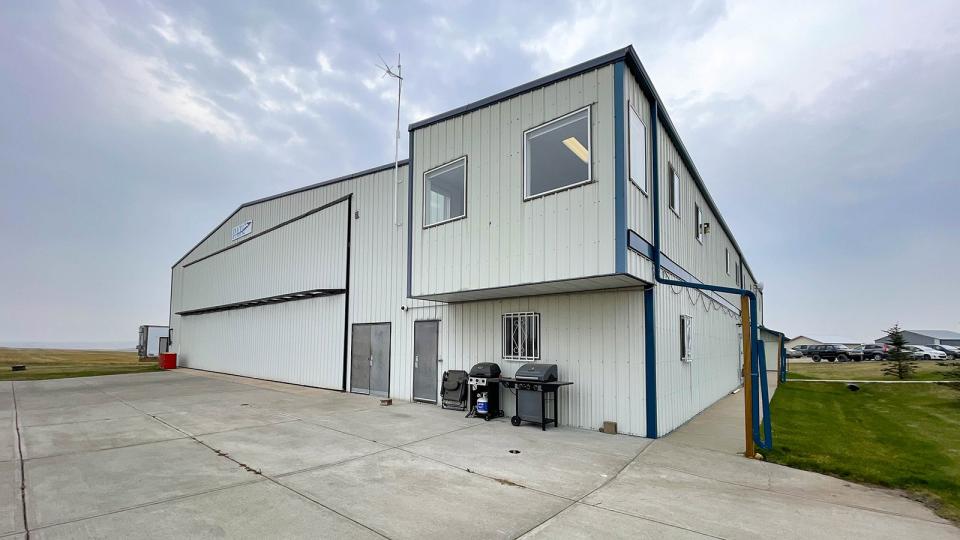
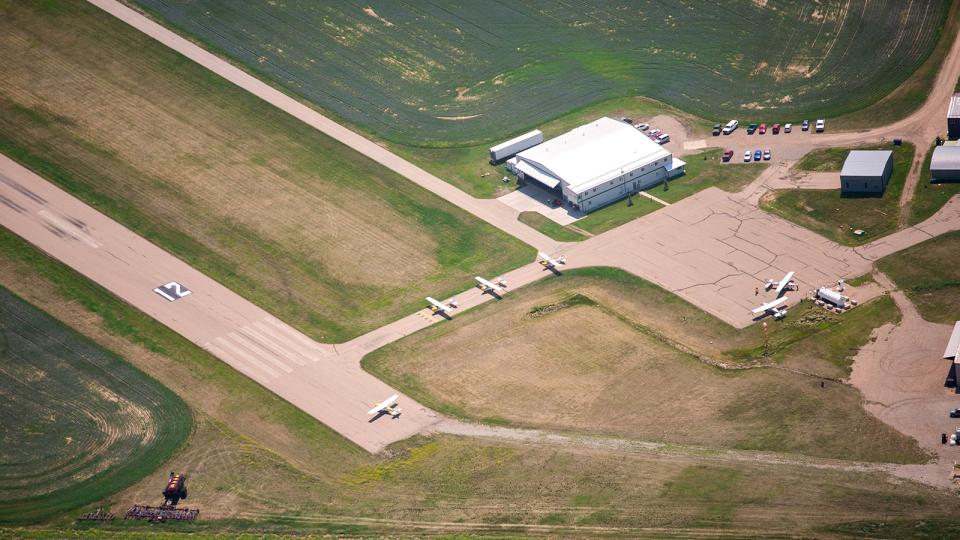
Last year, EMI Canada sent a small team to Three Hills to learn about PATC's program, assess current facilities, and capture PATC's vision for the future.
What started as a conversation about expanding PATC’s over-taxed storage hangar became a vision for a small campus that will serve a growing number of students pursuing aviation-related roles in the air (pilots) and on the ground (engineers).
EMI’s needs assessment is already paying dividends for PATC, increasing their priority for funding and helping them communicate their vision to their team and potential donors.
Ultimately, they see developing their facilities thoughtfully and wisely as a catalyst for growing their program and a key impact to their ministry.
“We think that by doing things as best as we can…we're not just doing that to pass flight tests and things like that, we're doing that to bring glory to God.”




